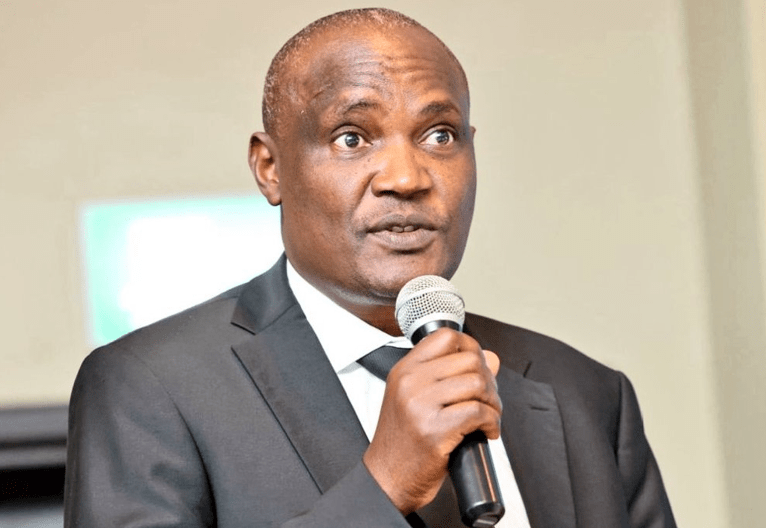Reckless tax relief, debt stymie economic growth

Kenya is on the brink of a self-inflicted fiscal crisis, and the warning signs couldn’t be clearer.
In its latest report, the World Bank issues a sobering verdict, warning that years of poorly thought-out tax cuts and weak fiscal governance have put the country on a dangerous path toward chronic revenue shortfalls, debt distress, and economic stagnation.
However, what’s even more worrying is the government’s seemingly casual acknowledgement of the crisis, with Treasury CS announcing during Madaraka Day celebrations that the country’s economic growth is on the right track.
Kenya’s budget for the current financial year is set at Ksh4.2 trillion, with revenue expectations of Ksh3.3 trillion. Already, Ksh1.1 trillion of that is earmarked for debt service – money that could have gone to health, education, or infrastructure.
Instead, it is swallowed up by interest payments, thanks to the government’s appetite for expensive, short-term loans. That’s not just fiscal mismanagement; it’s generational theft.
For example, the decision to slash corporate and individual income tax rates from 30 to 25 per cent, reduce VAT from 16 to 14 per cent, and cut turnover tax for small businesses was politically expedient but economically reckless.
These tax incentives may have earned short-term applause, but they slowed the very engine that funds national priorities – revenue.
Now the country faces the consequences: a widening budget deficit, mounting debt, and a government struggling to fund even basic development needs.
The World Bank’s classification of Kenya as being at “high risk of debt distress” is a damning indictment of a government that continues to borrow unsustainably while hiding behind vague promises of reforms.
The talk of “intensifying compliance”, “broadening the tax base”, and “embracing digital tools” rings hollow in the face of an administration that can’t stick to its own fiscal targets.
The government claims to be living within its means but continues to court populist tax breaks, bloated recurrent spending, and costly borrowing.
For Kenya to escape this fiscal black hole, the Treasury must stop pretending that economic recovery can coexist with reckless tax reliefs and unchecked borrowing.
Fiscal credibility is not a public relations campaign but must be rooted in the foundation of trust, investment, and long-term growth.















